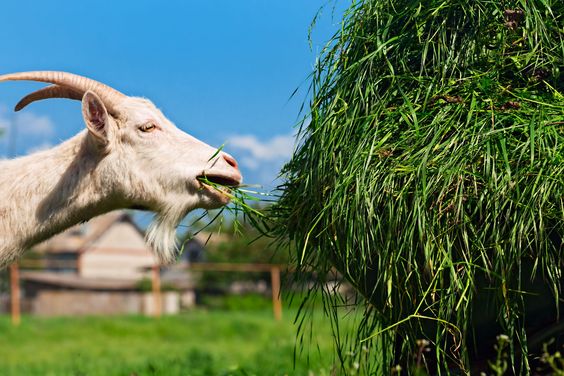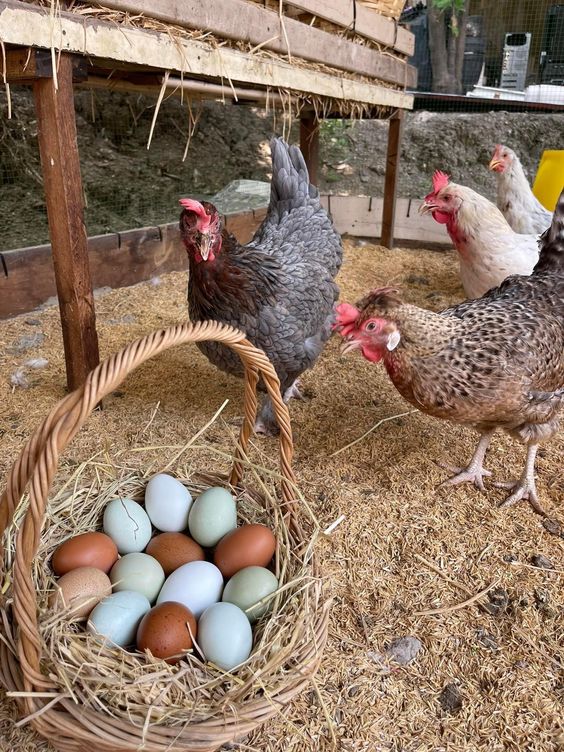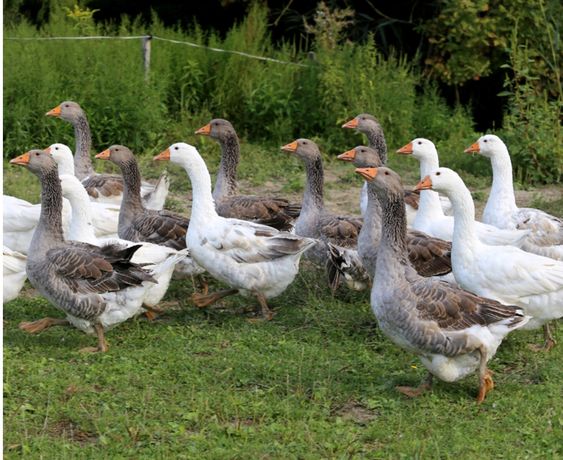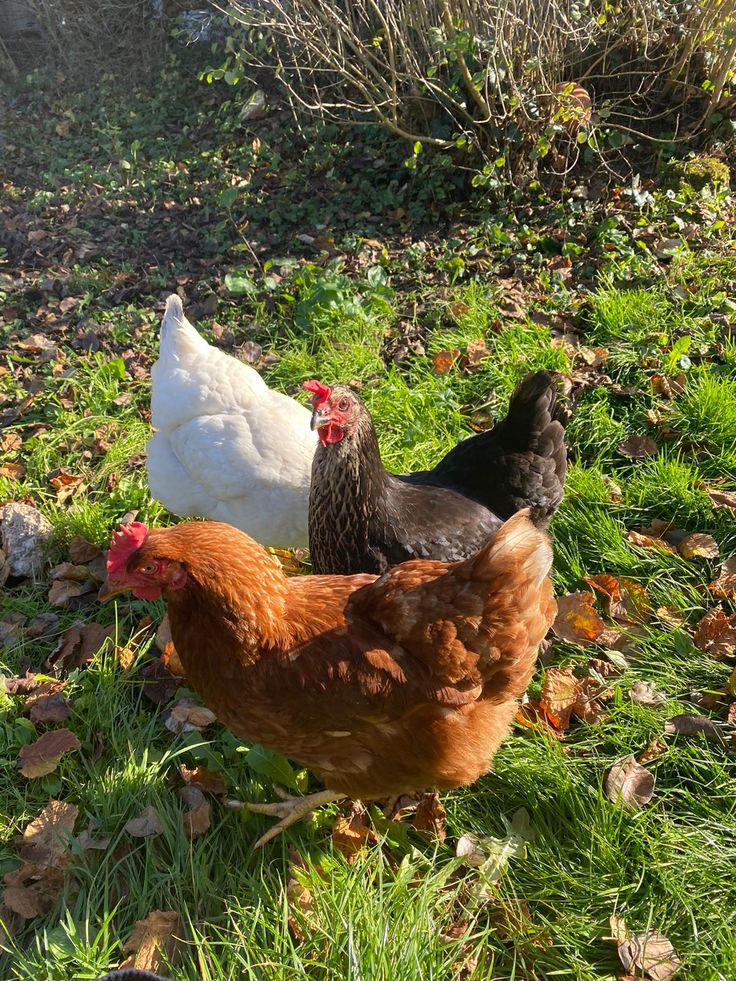Goat Rearing: A Comprehensive Guide
Goat rearing, also known as goat farming or caprine husbandry, is the practice of raising domestic goats for various purposes. These versatile animals offer a multitude of benefits, making them a valuable asset for both small-scale farmers and large-scale agricultural operations.
Why Raise Goat Rearing?
There are numerous reasons why goat rearing has become increasingly popular:
- Multiple Products: Goats are considered multi-purpose animals, providing a variety of products, including:
- Milk: Goat milk is known for its rich taste and digestibility compared to cow’s milk. It is often used to make cheese, yogurt, and soap.
- Meat: Goat meat, also known as chevon, is a lean and healthy protein source with a growing demand in many markets.
- Fiber: Cashmere goats produce a luxurious and soft fiber used in high-end textiles like scarves, sweaters, and blankets.
- Manure: Goat manure is a valuable fertilizer rich in nutrients and organic matter, beneficial for improving soil health.
- Low Investment: Compared to other livestock, goats require a relatively lower initial investment. They have smaller housing requirements, and their browsing habits allow them to thrive on diverse vegetation, reducing feed costs.
- Resilience: Goats are adaptable and hardy animals, capable of surviving in various climates and terrains, including drought-prone areas.
- Breeding: Goats are prolific breeders, often giving birth to twins or even triplets, making them a good choice for expanding your herd quickly.
- Sustainable Option: Goat rearing can be a sustainable agricultural practice. They readily consume brush and weeds, helping to control unwanted vegetation and promoting land management. Additionally, their manure can be used as a natural fertilizer, minimizing reliance on chemical fertilizers.
Getting Started with Goat Rearing
If you’re considering getting into goat rearing, here are some essential steps to take:
- Research and Planning:
- Identify your goals: Determine the primary purpose of raising goats (milk, meat, fiber, etc.) and research the specific breed best suited for your needs.
- Local regulations: Research any local regulations or permits required for goat rearing in your area.
- Financial planning: Develop a budget for initial investments (housing, fencing, feed, veterinary care) and ongoing operational costs.
- Selecting Goats:
- Choose the right breed: Research different goat breeds to find one that aligns with your goals and local environment. Popular milk breeds include Saanen and Nubian, while meat breeds include Boer and Kiko.
- Source your goats: Consider purchasing from reputable breeders who can provide information on the goats’ health history and lineage.
- Housing and Shelter:
- Provide adequate housing for your goats, including a secure shelter that protects them from harsh weather and predators. Ensure proper ventilation, drainage, and sufficient space for movement.
- Construct sturdy fencing to prevent escapes and protect your goats from predators.
- Feeding and Nutrition:
- Goats are browsers and consume a variety of forages, including grasses, weeds, leaves, and shrubs. You can supplement their diet with grains, hay, and minerals depending on their specific needs and production goals.
- Ensure access to clean and fresh water at all times.
- Health Care:
- Establish a relationship with a veterinarian specializing in goat care.
- Implement a proper vaccination schedule to protect your goats from common diseases.
- Regularly monitor your goats’ health and seek veterinary attention if needed.
Additional Considerations Goat Rearing
- Breeding: If you plan to breed your goats, it’s crucial to understand breeding practices and select suitable breeding stock.
- Marketing: Research different marketing channels for your goat products, such as local farmers markets, direct sales to consumers, or collaborating with established dairies or fiber processors.
- Waste Management: Develop a plan for managing goat manure responsibly and sustainably. Consider composting the manure for use in your garden or exploring other options for safe disposal.
Resources for Goat Rearers
Several resources can assist you on your goat rearing journey:
- Local extension services: Many regions offer extension services that provide information and support for new and established farmers, including goat rearing practices.
- Livestock associations: National and regional livestock associations for specific goat breeds offer valuable resources, including breed information, breeder directories, and educational materials.
- Online resources: Numerous websites and online communities cater to goat enthusiasts, providing information, support, and forums for discussing goat rearing experiences.
By carefully planning, conducting thorough research, and providing proper care for your goats, you can embark on a successful and rewarding goat rearing venture. Remember, this guide offers a general overview, and it’s crucial to tailor your practices to your specific location, breed choices, and goals.






